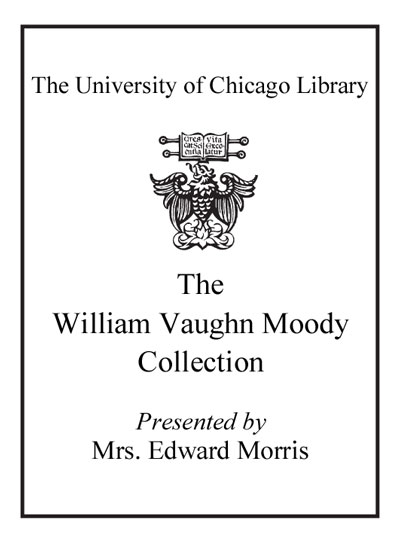| Summary: | "Through what strategies might contemporary artists confront cultural assumptions about race? In what ways can the devices that make race feel familiar-such as stereotypes or strategic essentialism-be used to make race feel unfamiliar? What new perspectives might emerge out of such disorienting confrontations? In The Racial Unfamiliar, John Brooks argues that twenty-first-century African American artists have turned to abstractionist aesthetics to complicate and illuminate how we think and see race. Brooks shows that established categories of cultural production-such as "African American art" or "Black history"-reproduce familiar but confining ideas about race, and that some audiences assume such ideas reflect a "truth" about Black identity or Black experience in the United States. Instead of countering representations of race with "authentic" portrayals of African American identity and experience, recent artists have begun exaggerating and overemphasizing them. By inflating and abstracting clichéd representations and stereotypes, these artists expose the incongruities that underlie racist attitudes and refute the idea that any single African American experience exists to be represented. Through the production of illegible misrepresentations of a multitude of black experiences, the literary and visual works considered in this book insist that blackness exceeds categorical representation. Brooks traces the disorienting effects of this experimental aesthetic through a broad array of recent artworks, from novels and plays by Percival Everett and Suzan-Lori Parks to photography by Roy DeCarava and installation art by Kara Walker, to show how contemporary African American cultural production can be understood as an operation in abstracting and upending the cultural determinants that make racial Blackness intelligible"--
|
|---|

